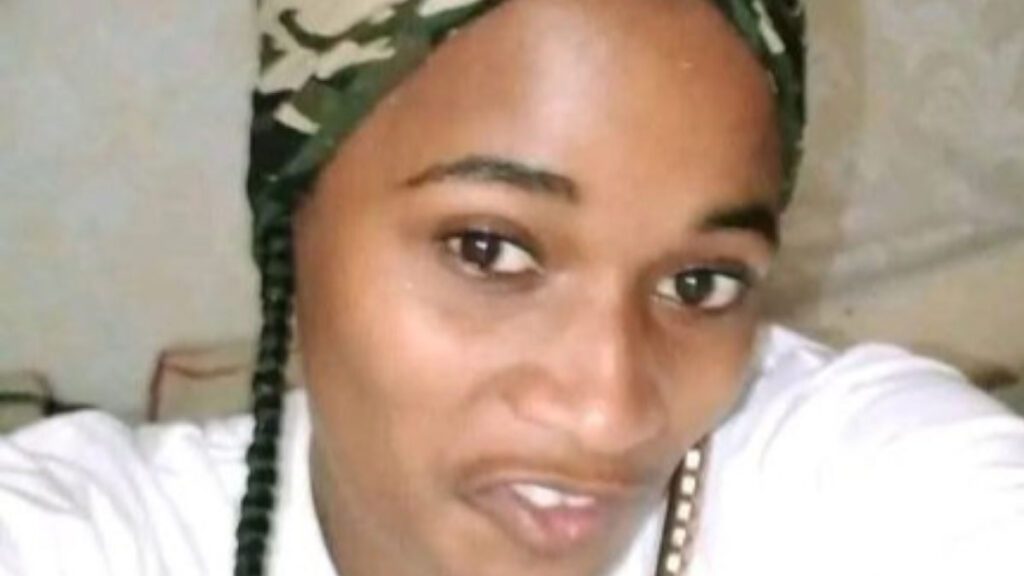The National Police Service (NPS) has dismissed widespread claims circulating on social media that Julia Njoki, a protester arrested during the Saba Saba demonstrations, died while in police custody.
In a statement issued on Thursday, NPS spokesperson Michael Muchiri confirmed Njoki’s death but clarified that she passed away while in remand at Nanyuki Women’s Prison, not in a police cell as previously alleged.
There are misleading reports circulating online alleging that Julia Njoki collapsed and died in a police cell after suffering multiple head injuries from an alleged assault by officers. We wish to clarify that this is false,” Muchiri stated.
He explained that Njoki was arraigned on July 8, charged with malicious damage to property, and subsequently remanded to Nanyuki Women’s Prison after taking a plea.
While in remand, she was taken ill and admitted to Nanyuki Cottage Hospital. According to reports from prison authorities and police, she passed away this morning,” he said, noting that more details would be shared after investigations.
Njoki’s death has sparked fresh concerns about the treatment of detainees, especially following a string of similar incidents during and after the Gen Z-led Saba Saba protests earlier this week. Her case drew particular attention due to initial social media reports alleging police assault and fatal injuries inflicted in custody.
Mounting Public Scrutiny
The clarification comes less than a month after another high-profile custodial death: that of Albert Ojwang, a 30-year-old teacher and blogger, who died while detained at Central Police Station in Nairobi. Initial police reports had claimed he died from self-inflicted injuries, but an autopsy report revealed head trauma, neck compression, bruises, and lacerations, contradicting the official narrative.
The repetition of custodial deaths, even with official clarifications, has led to heightened distrust between law enforcement and the public, especially among young protestors and human rights defenders.
Calls for Transparency and Accountability
Civil society organisations have demanded independent investigations into all deaths linked to the Saba Saba protests, citing a lack of transparency and accountability within the security apparatus. Advocacy groups, including Amnesty Kenya and the Kenya National Commission on Human Rights (KNCHR), have called for timely autopsy results, full disclosure of detention conditions, and oversight on the handling of protest-related arrests.
As the public awaits more information regarding Julia Njoki’s postmortem and medical history while in remand, questions persist about conditions in Kenyan detention facilities, particularly for women and youth arrested in connection to recent civil unrest.

